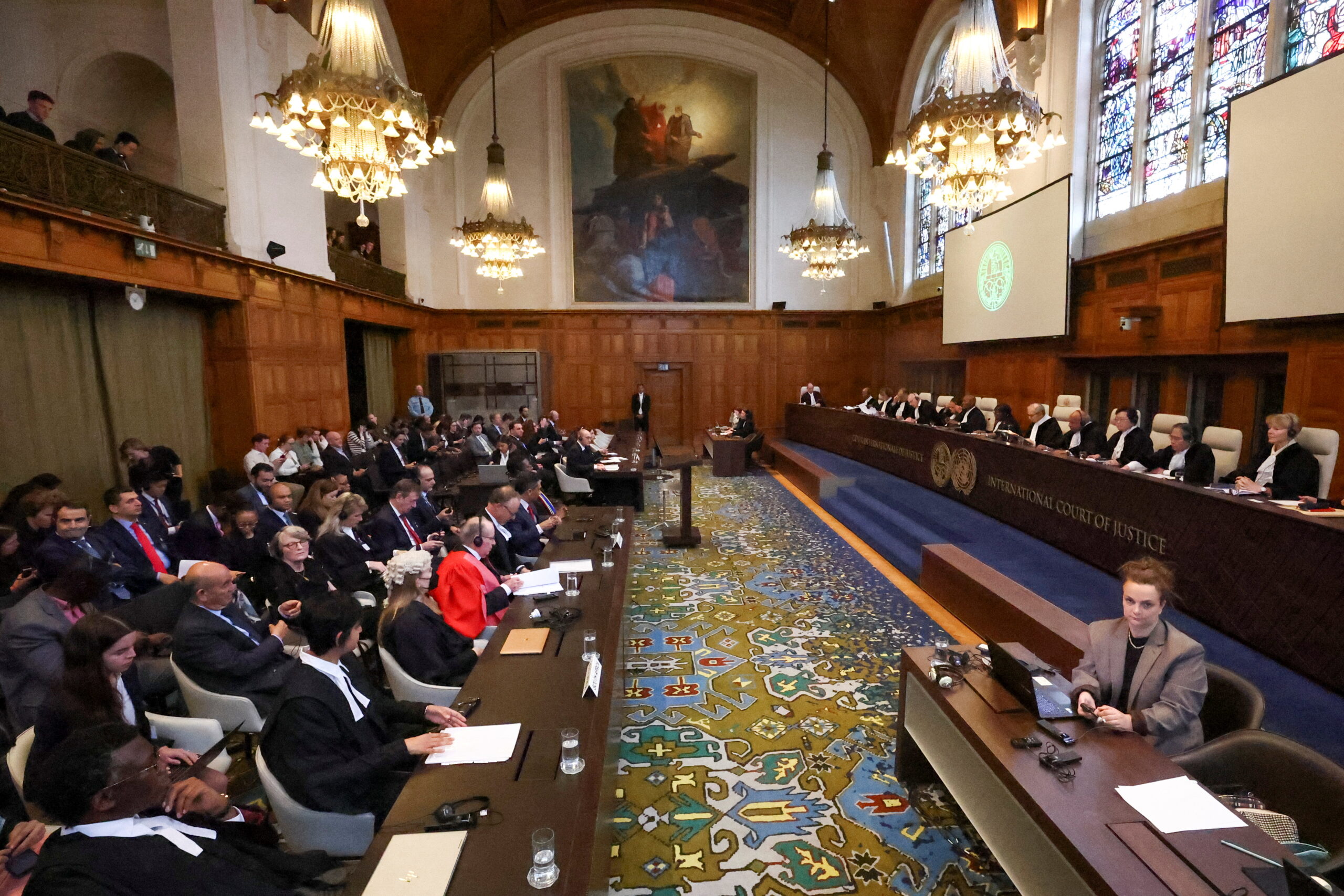ICJ Continues Hearings on UN Request for Advisory Opinion Regarding Israel’s Obligations in Occupied Palestinian Territory

Given the complexity and significance of the case, it is expected that the Court could take several weeks, or even months, before reaching a decision on its advisory opinion/Al Jazeera.
The International Court of Justice (ICJ), based in The Hague, is currently continuing its public hearings in relation to the United Nations’ request for an advisory opinion on the ‘Obligations of Israel concerning the Presence and Activities of the United Nations, Other International Organisations, and Third States in and in relation to the Occupied Palestinian Territory’.
As part of the proceedings, the Court has received written submissions from a variety of states and international organisations, all contributing to the breadth and complexity of the case. These submissions offer legal perspectives and arguments relevant to the matter at hand, which concerns Israel’s obligations under international law in relation to its occupation of Palestinian territory.
Once both the written submissions and the oral proceedings have concluded, the Court will retire to deliberate on the issues raised during the hearings. This process involves careful consideration of the arguments presented, as well as an analysis of relevant international legal principles. Following this deliberation, the Court will issue its advisory opinion, which will be delivered publicly in open court.
It is important to note that the ICJ’s opinions are advisory in nature, meaning that, while they carry significant legal weight and authority, they are non-binding. The Court’s advisory opinions are intended to provide guidance on legal matters, but they do not impose legal obligations on states or other parties.
Given the complexity and significance of the case, it is expected that the Court could take several weeks, or even months, before reaching a decision on its advisory opinion. The timing of the Court’s judgment will depend on the thoroughness of the deliberations and the need for careful legal analysis.
Agencies.















